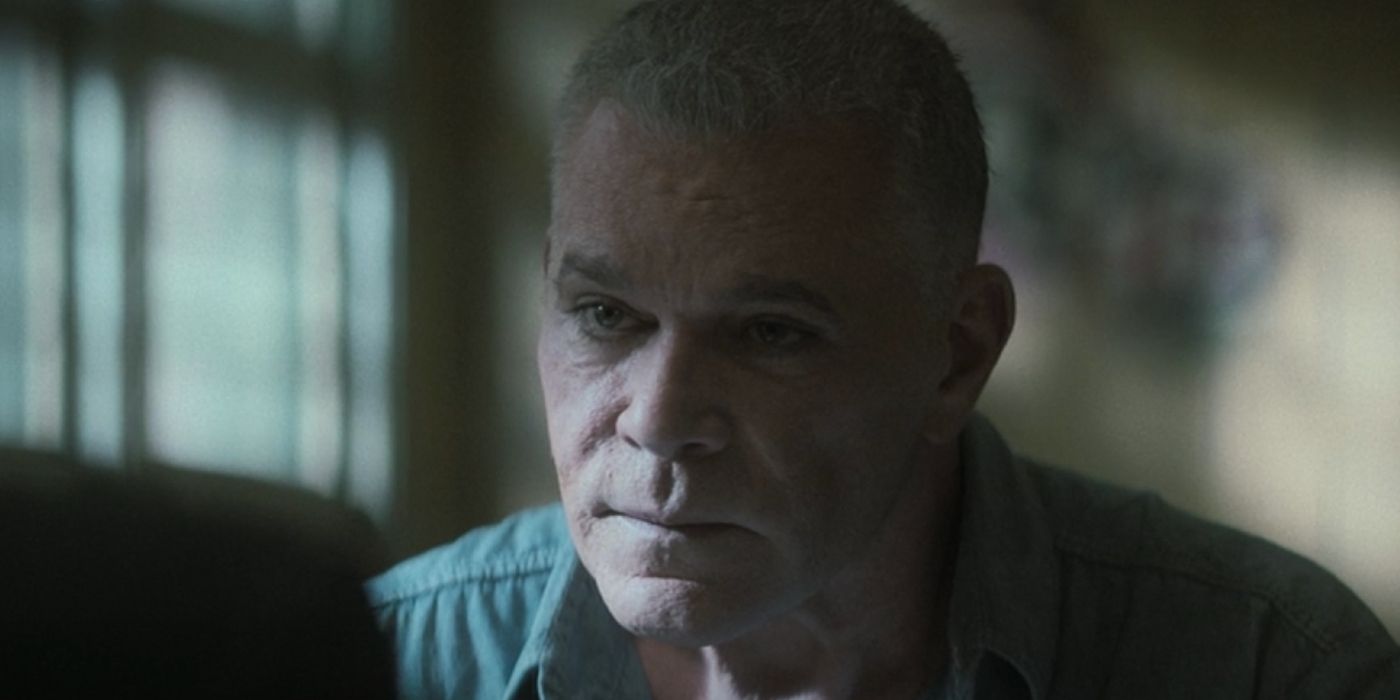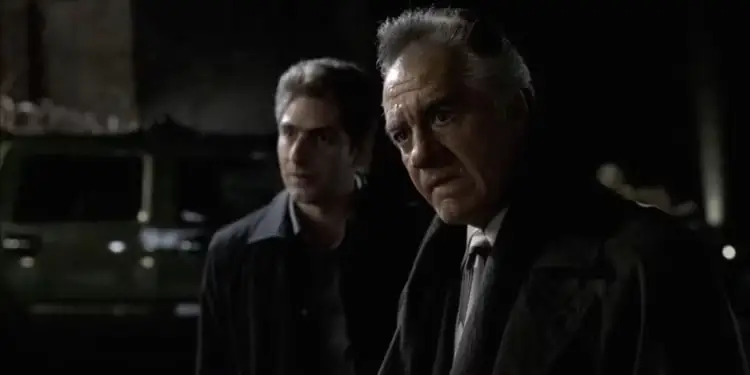Why Ray Liotta Plays Two Characters In Many Saints Of Newark
Ray Liotta is prominently featured in Many Saints of Newark, but why does he play the separate characters of "Hollywood Dick" & Sal Moltisanti?

Plenty of classic Sopranos characters appear in The Many Saints of Newark, but here’s why the legendary Ray Liotta plays two new ones in the prequel film. Fans of the widely-beloved HBO series have been eagerly — and sometimes, trepidatiously — awaiting the project since it was first confirmed. Now that it’s dropped on HBO Max, the franchise’s pseudo-origin story is generating a palpable buzz as viewers dissect callbacks, symbolism, and character appearances that reference the original show. Actor Ray Liotta, on the other hand, is a new addition to the universe’s storyline and cast — and he even makes an appearance as two separate men.
Liotta plays both “Hollywood Dick” Moltisanti and his twin brother, Sal. The former Many Saints of Newark character is the main protagonist Dickie’s father, and the grandfather that Christopher never gets the chance to meet. And quite honestly, it’s for the best. He’s a terrible person: on top of being a gangster, he abuses his current wife, did the same to his former wife, and is also revealed to have been violent with Dickie when he was a boy. The full potential of Dickie’s fierce, unbridled temper — no doubt caused by his experiences with Hollywood Dick — is really fleshed out in the volatile moment where he brutally murders his father in a fit of both fresh and pent-up rage. It’s this event that leads both him and viewers to the deceased mob boss’s brother, Liotta’s Sal. Though he’s in prison for murder, where Dickie visits him, he contrasts his late brother in many ways.
It’s certainly not shocking that an actor like Liotta appears in The Many Saints of Newark. However, it is an unforeseen twist that he plays two different people. The creative choice lends itself to multiple components; one of them being a parallel to Dickie’s two very different sides. Much like Tony in The Sopranos, Dickie is (usually) a very different man with his real family than he is with his crime family. In fact, he’s tender and good-natured to his father’s wife (who later becomes his mistress), Josephina, in the beginning. He even kills his father, in part, due to his abusive nature and misogynistic, spiteful attitude towards women he’s supposed to love. Of course, ironically, Dickie ends up killing Josephina in a similar fit of rage later in the movie. The Sopranos dealt heavily with fate and life paths over the course of the series. Like Tony, Dickie seems unable to escape a sort of inheritance of violence in The Many Saints of Newark– even when it comes to killing his own father.
It’s only natural that Dickie then deals with Hollywood Dick’s identical twin in the wake of his father’s death, which he himself clearly feels some sense of guilt for. Liotta’s dual casting is also a sort of symbol for how Dickie must, eventually, answer for his actions. They can’t truly be outrun forever. Ironically, Sal is also the only person to really see through Dickie. He knows his nephew has killed two people close to him. He sees that, like Tony years later, Dickie keeps repeating the same destructive patterns that he almost acts as though he wants to distance himself from at times over the course of The Many Saints of Newark.
As previously mentioned, Liotta is a great casting choice for any film, but especially one in the gangster genre. He famously starred as Henry Hill in 1990’s Goodfellas, and he’s played plenty of other “bad guys” in crime movies and shows over the years (like Shades of Blue, Narc, Blackway, and more) with great success. Though it forces the audience to do a double-take when Sal is introduced after his brother’s death, Liotta’s two roles in The Many Saints of Newark actually make a lot of sense.






